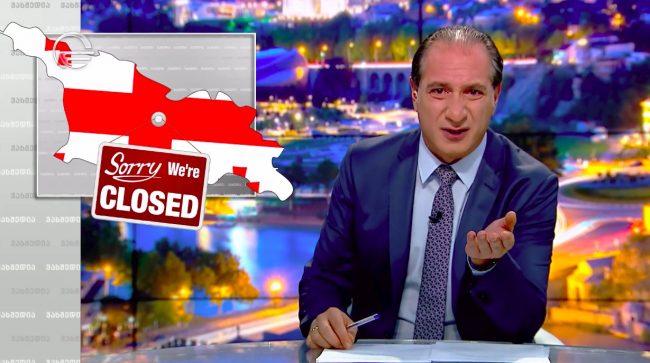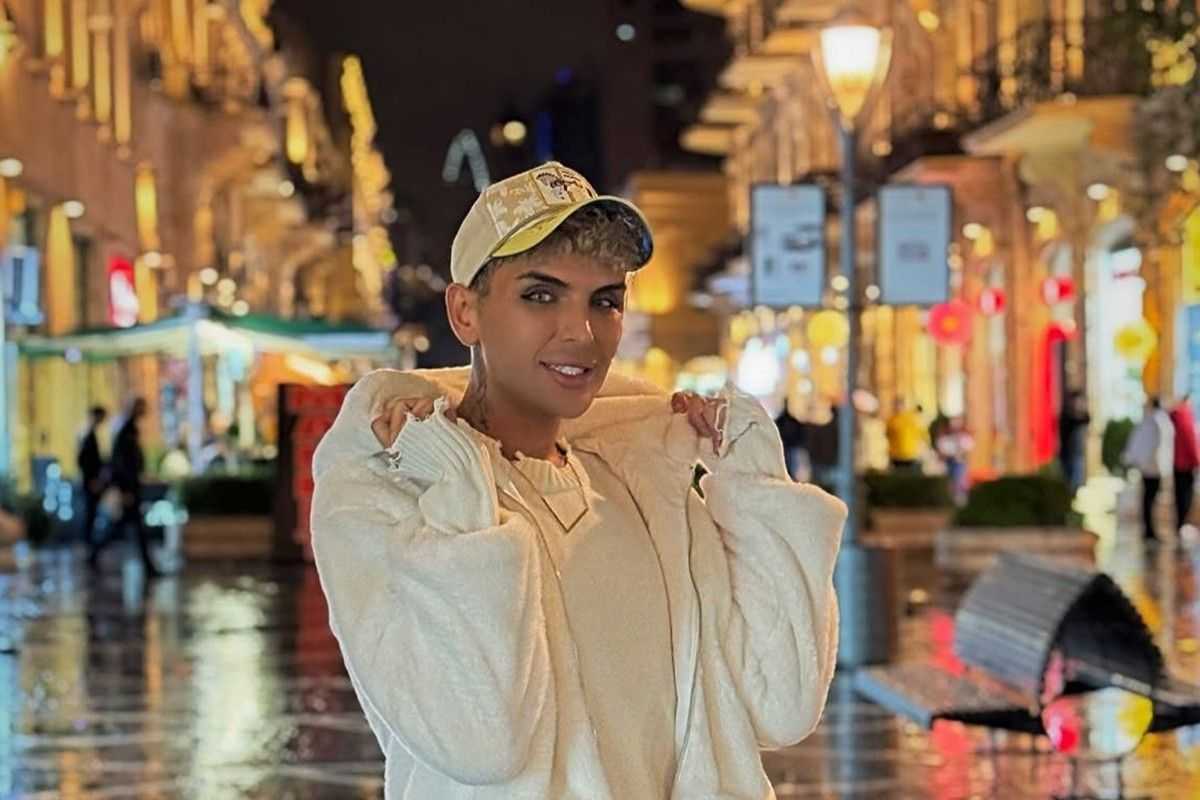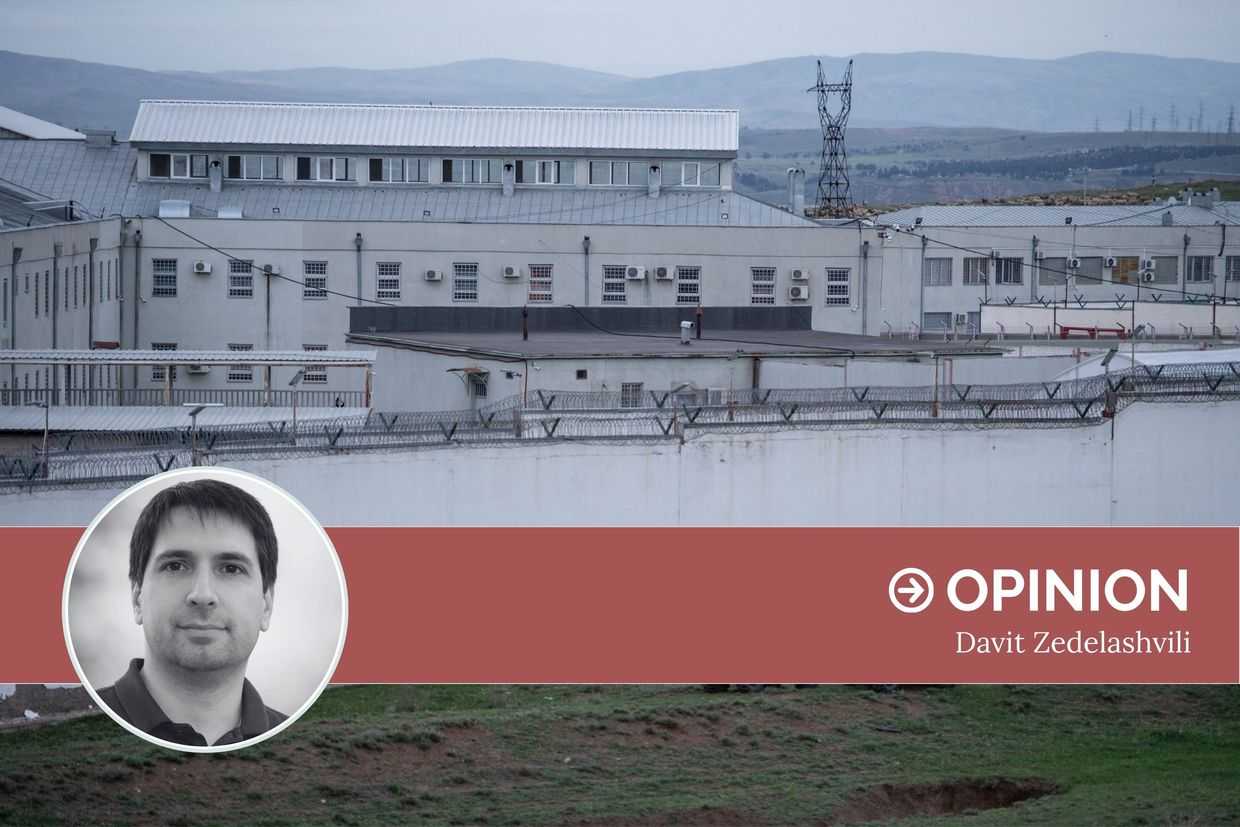

 On 7 October, the Georgian TV channel Imedi didn’t air its regular Sunday night political satire show Vasmedia, citing an open-dated ‘change of format’ as the reason. The decision followed the latest episode of the show, where the anchor and comedian Vasiko Odishvili mocked Georgian Parliament Speaker Irakli Kobakhidze.
On 7 October, the Georgian TV channel Imedi didn’t air its regular Sunday night political satire show Vasmedia, citing an open-dated ‘change of format’ as the reason. The decision followed the latest episode of the show, where the anchor and comedian Vasiko Odishvili mocked Georgian Parliament Speaker Irakli Kobakhidze.
Speaking to Georgian magazine Liberali, the production team denied allegations that the ‘temporary’ cancellation was related to comedian targeting Kobakhidze.
Odishvili mocked Kobakhidze on 30 September for characterising another TV channel Maestro as ‘influenced’ by the former ruling United National Movement (UNM) party.
Kobakhidze made a passing remark about Maestro on 25 September. Kobakhidze insisted that President Giorgi Margvelashvili — a former Georgian Dream ally disowned by the party soon after his election — was a pro-UNM expert frequently invited to Maestro TV, which, according to him, was controlled by the UNM in 2011–2012.
At that time, both Margvelashvili, and Odishvili who hosted a similar political satire show to the one he’s hosting now, frequently berated UNM on Maestro.
On 8 October, Kobakhidze denied any knowledge of the Vasmedia closure during his press briefing. Later that day, Vasmedia promised their viewers on their Facebook page to return on air in a week ‘with a revamped look’ and with spite for ‘ill-wishers’, — several hours after Imedi’s management announced the show’s open-dated hiatus.
Natia Kuprashvili, the Chairperson of Tbilisi-based Journalism Resource Centre, told OC Media that the news about the cancellation of the show was a ‘bad symptom and that Vasmedia producers owed their viewers explanations rather than ‘a revamped look’.
‘The show was a recent entry in Imedi’s programming and I doubt a national broadcaster like them would start a show without a proper preparation’, Kuprashvili told OC Media.
‘Instead of referring to “ill-wishers”, the management of the TV company and the show itself ought to provide a clear explanation to their own viewers in the first place. We are only glad if the show stays on air and wish they stay as satirical and funny as in their previous episodes’, said Kuprashvili.
In recent years, local media watchdogs have been critical of cancellations of political programs in both privately-owned and public Georgian TV channels. In November 2016, Maestro closed their three political shows, but the TV company’s management denied any pressure from the government. In June 2017, Georgian Public Broadcaster decided to discontinue broadcasting popular TV programs critical of government.
Georgia’s ‘Independent Media’ rating suffered a decline in the recent Nations in Transit 2018 report of the American rights group Freedom House ‘due to apparently politicised editorial policies at Georgian Public Broadcasting, continuing pressure on the critical television channel Rustavi 2, and ownership consolidation among pro-government private television stations’.









